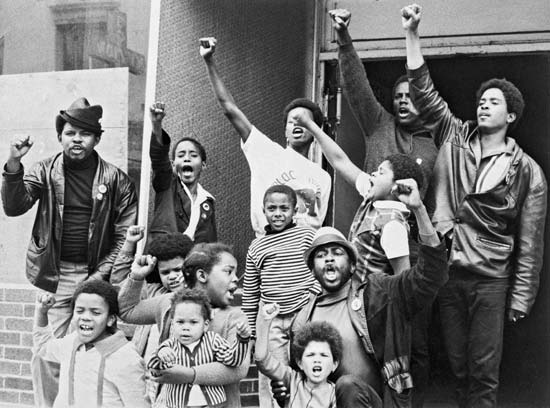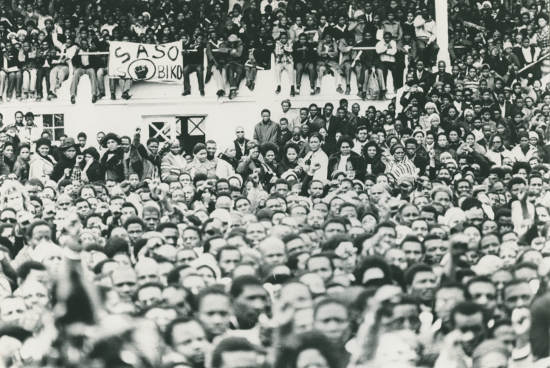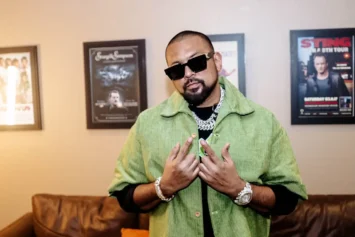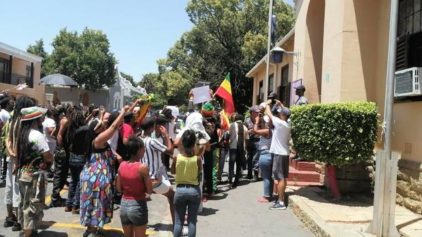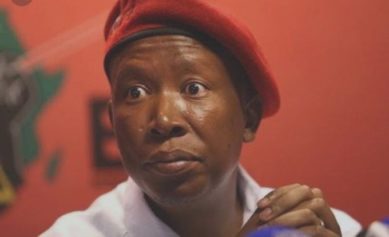United States
The Black Power Movement in the United States inspired many movements around the globe. It was inspired by the efforts of the Student Non-Violent Coordinating Committee (SNCC), which later turned in to the Black Panther Party, and The Black Arts Movement. The Black Power Movement also entangled with the Civil Rights Movement. Black Power in the United States called for Black pride, political equality, Black economic independence and stability, educational freedom and equality, proper living conditions, and equal protection under the law. The idea of Black Power brought about tremendous political strides, including the Civil Rights Act of 1964.
South Africa
The Black Power Movement in South Africa, better known as the Black Consciousness Movement, was utilized as a tool to oppose the political ideology of apartheid. In many ways, the South African Students Organization (SASO) represented the beginning of the movement. According to an article released by Michigan State University, Black Consciousness seeks to “liberate black people psychologically through ‘conscientization,’ or the realization of black self-worth and the need for black activism.” The movement “re-energized resistance to apartheid and spawned a number of political and community organizations.” Bantu Stephen Biko, a student leader and activist was a co-founder of SASO and the leading force of the Black Consciousness Movement. After several arrests, Biko was founded naked and dead on a cold prison floor in 1977.
